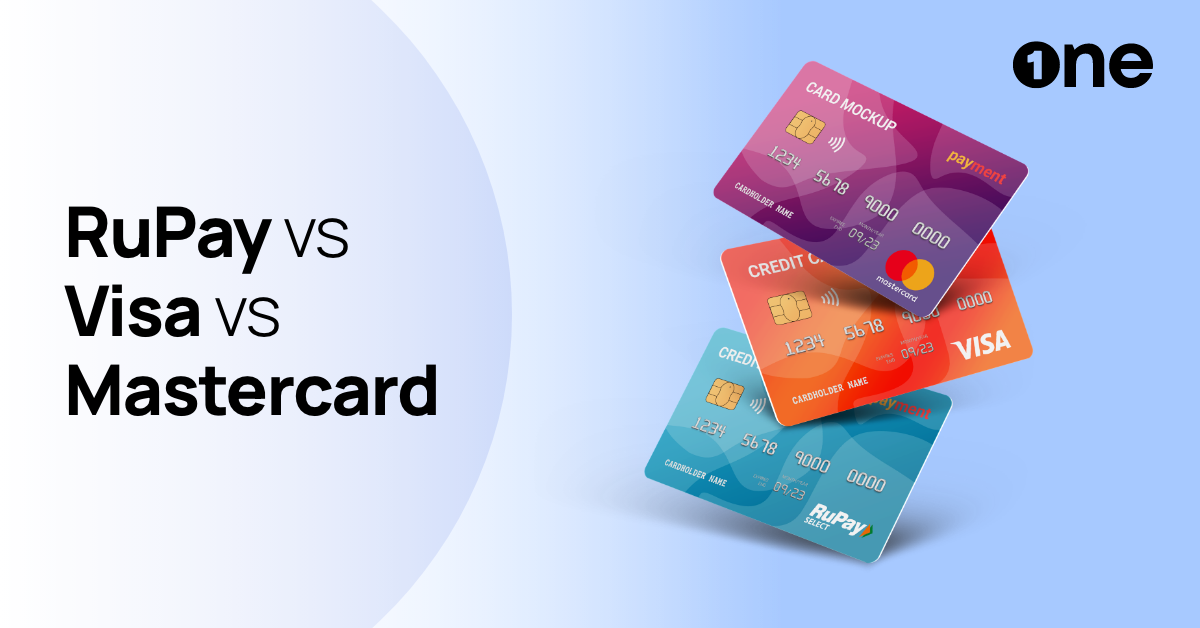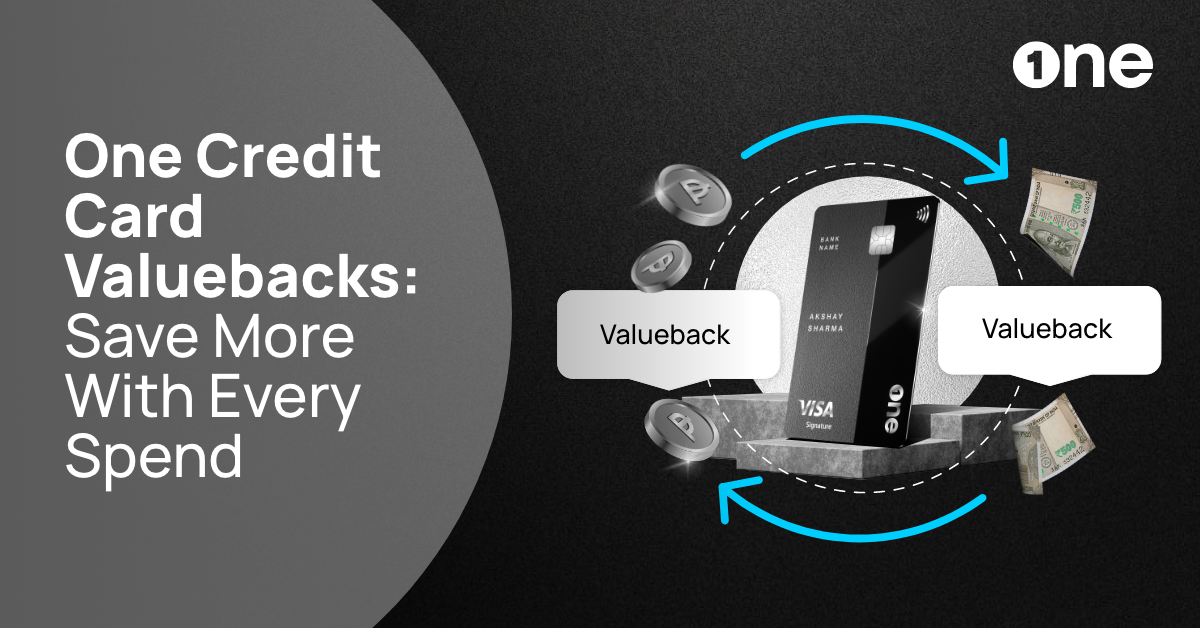Choose the Right Credit Card for Everyday Spending Needs
By OneCard | August 04, 2024

Credit cards can be very useful in managing your daily expenses, especially when the prices of everyday goods and services are on the rise. They provide convenience, flexibility, and several benefits that can make your life easier. However, with so many options available, knowing how to pick the right credit card for you can be handy. It’s essential to choose a card that not only caters to your spending habits but also aligns with your financial goals.
Table of contents:
Understanding Your Spending Habits
When selecting the right credit card, understanding your spending habits is not just important but essential. Take a minute to thoroughly examine your everyday expenses, find regular spending patterns, and carefully review your monthly budgets before applying for a credit card. Here’s how to go about it:
1. Analysing Your Daily Expenses
Begin with a deep dive into your day-to-day expenditures. What are your most frequent purchases? Where does the bulk of your money go? Whether it’s groceries, dining out, or travel expenses, knowing your spending habits lays a solid foundation for selecting a card that offers optimal rewards and benefits.
2. Identifying Spending Patterns
Next, it’s time to pinpoint any recurring spending patterns. Do you tend to splurge on certain categories, such as shopping or entertainment? Recognising these patterns not only provides valuable insights into your financial habits but also empowers you to choose a card with rewards tailored to your preferences and lifestyle.
3. Evaluating Monthly Budgets
Consider looking for innovative tools like One Credit Card’s Budget feature. This cutting-edge tool allows you to set monthly spending limits and receive timely alerts when you’re on the brink of exceeding them. Moreover, you can establish category-wise budgets to manage your spending across various areas of your life effortlessly.
Types of Credit Cards Available
Now that you’ve gained insights into your spending habits, let’s explore the credit cards available in the market.
1. Rewards Cards vs. Cashback Cards
When it comes to credit cards, one size certainly does not fit all. Do you prefer accumulating points for that dream vacation or pocketing instant cashback on your purchases? Each option has its perks, so weigh them carefully to find your perfect match. With options like One Credit Card’s fraction points, you can earn rewards for every buck spent.
2. Low-Interest Rate Cards
If you anticipate carrying a balance from month to month, prioritise low-interest rate cards to minimize the impact of interest charges on your finances. These cards offer a welcome reprieve from hefty interest fees, ensuring your financial journey stays firmly on track.
3. Secured vs. Unsecured Cards
Consider your credit history and financial goals when deliberating between secured and unsecured cards. While secured cards require a deposit as collateral, they offer a viable pathway to building or rebuilding credit. Unsecured cards, on the other hand, don’t necessitate a deposit but may have stricter eligibility criteria based on creditworthiness.
Factors To Consider When Picking The Right Credit Card
With a wealth of knowledge about various card types and spending patterns, here are some key factors to help you pick the right credit card:
1. Annual Fees and Interest Rates
Scrutinise the annual fees and interest rates associated with each card. While some cards provide appealing incentives, high fees may reduce their value. Opt for a card with reasonable fees and competitive interest rates to maximise savings.
2. Credit Score Requirements
Your credit score plays a pivotal role in determining eligibility for certain cards. Most Credit cards cater to those with good credit histories. Know where you stand and choose accordingly.
3. Matching Cards to Your Lifestyle
Select a card that seamlessly complements your unique lifestyle, spending habits, and financial priorities. If you’re a frequent traveller, opt for a travel rewards card that offers generous mileage bonuses and airport lounge access. Conversely, if you’re a culinary enthusiast, consider a card that provides enticing dining perks and restaurant discounts.
4. Reading the Fine Print
Never underestimate the importance of reading the fine print! Take the time to thoroughly review the terms and conditions associated with each card. Pay close attention to the rewards structure, fees, and any hidden charges or restrictions that may impact your overall experience. Remember, knowledge is power, and being well-informed is the key to making sound financial decisions.
5. Seeking Recommendations and Reviews
Don’t hesitate to seek recommendations from trusted friends, family members, or online reviews from reputable sources. Real-world experiences and candid feedback can provide invaluable insights into a card’s benefits, drawbacks, and overall customer satisfaction levels. This helps you make a well-informed decision that aligns with your financial needs and aspirations.
Choosing the right credit card can be a game-changer in managing your daily expenses. By knowing your spending habits, exploring the types of credit cards, and considering various factors, you can easily learn how to pick the right credit card for you. Remember, a credit card is not a one-size-fits-all solution but a tailored financial tool that aligns with your unique needs and goals. After all, the right credit card should work for you, not against you. Make a well-informed decision, and enjoy the perks of having the perfect credit card in your wallet.
**Disclaimer: The information provided in this webpage does not, and is not intended to, constitute any kind of advice; instead, all the information available here is for general informational purposes only. FPL Technologies Private Limited and the author shall not be responsible for any direct/indirect/damages/loss incurred by the reader for making any decision based on the contents and information. Please consult your advisor before making any decision.



Sharing is caring 😉